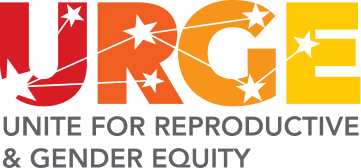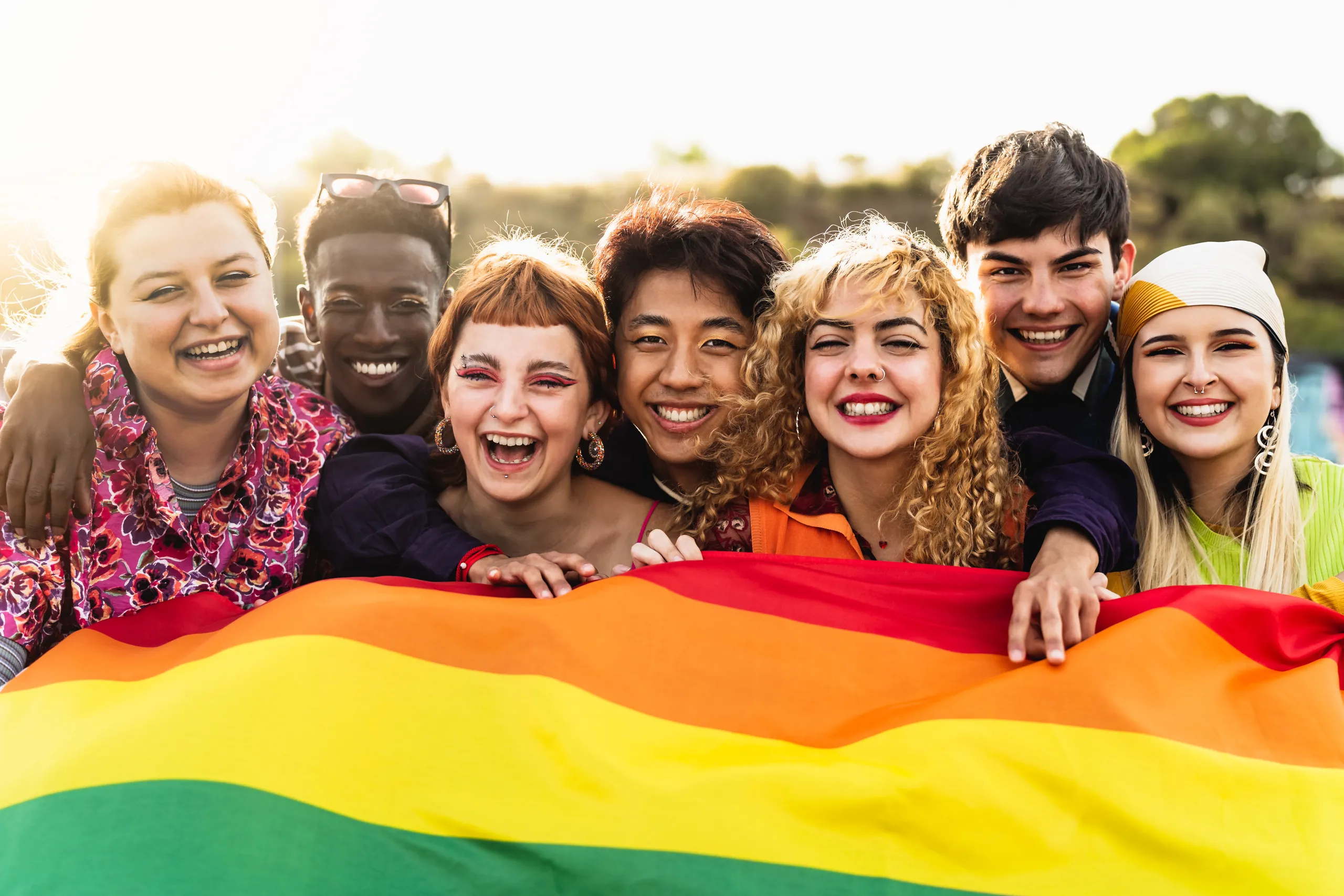
Em-URGE-ing Voices
Your urgent thoughts, urging action.
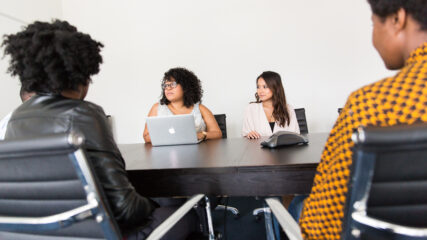
Innovations by Women are the Future of Reproductive Health

WE Get The Job Done
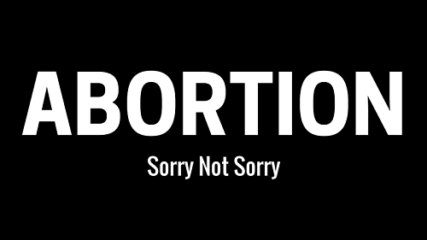
Abortion Reversal is Not a Thing

The Valentine's Day Holy Trinity: Condoms, Consent, and Lube
Atlanta’s Human Trafficking Problem Is Getting Worse

Why Paid Sick Leave is Reproductive Justice and Why Issues Like It Matter
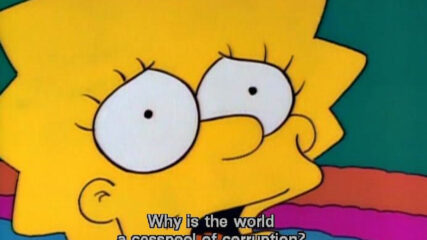
The Invisible Hand of The Patriarchy: Why We Need More Women in Economics

Reproductive Health Issues Could Lessen with Better Sex Ed

Wolves with a Time’s Up Pin
 When Grace’s account of her evening with actor, stand up comedian, director, author, and, most importantly, proclaimed feminist, Aziz Ansari broke, hundreds of think pieces were soon posted all over the web. This particular story struck a chord because it’s familiarity resonated with so many people who never knew how to discuss or label experiences that went beyond “bad sex”. URGE’s student journalists Anna Khan and Ofelia Alonso did an incredible job detailing this encounter and explaining how our culture contributes to experiences such as Grace’s, and I encourage you to read their articles.
When Grace’s account of her evening with actor, stand up comedian, director, author, and, most importantly, proclaimed feminist, Aziz Ansari broke, hundreds of think pieces were soon posted all over the web. This particular story struck a chord because it’s familiarity resonated with so many people who never knew how to discuss or label experiences that went beyond “bad sex”. URGE’s student journalists Anna Khan and Ofelia Alonso did an incredible job detailing this encounter and explaining how our culture contributes to experiences such as Grace’s, and I encourage you to read their articles.
This story in particular hit me the hardest, since Ansari is a public figure I had previously seen as one of the very few men in Hollywood that could be considered a “good guy”. He appeared to be a public figure who really understood a multitude of feminist causes and the dire need for feminist storytelling. He used his platform as a cisgender, heterosexual male to tackle feminist issues in an accessible way. Like the hundreds of think pieces already published, I could go into detail about how even “good guys”, such as Ansari, often disguise their misogynistic actions with activist language and many times may not even consider themselves to be a part of the problem. This is especially true when they proudly tote a Time’s Up pin at an awards show. This type of performative activism is not limited to red carpets, as demonstrated through recent Women’s Marches that took place across the country.
From pink pussy hats that exclude transgender women and women of color from the prominent narrative of seeing who can create the most instagram-worthy sign, these actions demonstrate apparent allyship without the dedication to reformative, inclusive, social justice based change.
Instead of this surface level performative allyship, we need these individuals, especially those who hold a significant amount of power either in the entertainment industry or in our organizing communities, to truly engage in the politics they preach. In Ansari’s case, this may mean engaging in the politics of rape culture in a meaningful way. More commonly, this means continuously working to make your activism as impactful and inclusive as possible, whether that be volunteering at your local domestic violence shelter, canvassing with organizers in your state to push back against harsh anti-abortion regulations, or simply showing up for communities that don’t directly impact you.
These performances are not only demonstrated by cisgender, heterosexual men who work within our movements, but by other queer and transgender individuals who often make up the core of our feminist organizing efforts. This is by no means an easy conversation; just as it isn’t an easy conversation to discuss men we have loved and trusted who betray us. I, along with many of my close friends, have experienced dating queer activists (who proudly proclaim to be feminists, engage in feminist politics, organize in their community, and have dedicated their social media presence to social justice based messages) who later have inflicted emotional and sexual abuse. These same individuals who speak out against domestic violence and rape culture perpetuate those same systems of oppression within their intimate relationships. Within our often small communities, especially in areas such as the Midwest, prominent activists who have been known to exhibit abusive behaviors within their intimate relationships often get a free pass because they are so well liked within the community. These activists may know the right things to say during rallies and know how to make everyone in the community feel included and heard, but this doesn’t mean that dismissing allegations against them is acceptable.
Within these situations, there is a clear disconnect. I do believe that men like Aziz Ansari are going into sexual encounters keeping consent in mind, as demonstrated by Ansari’s text to Grace the next day letting her know he had a great time. This common situation leaves individuals feeling violated, but unsure what to call the sexual encounter becomes even more complicated when we’re supposed to trust the person we’re being intimate with because they share similar oppressed identities.
The question is, where do we go from here? Talk of further education and discussions regarding what enthusiastic consent looks like are beginning to take place, and additionally, I believe further publicizing what intimate violence in our activist communities needs to take place on a larger scale. Books such as The Revolution Starts at Home: Confronting Intimate Violence Within Activist Communities, edited by Ching-In Chen, Jai Dulani, and Leah Lakshmi Piepzna-Samarasinha, have built the framework for these types of conversations and community growth, but this type of movement will take additional time, effort, and community organizing. Without accountable communities, our movements will continue to lack the strength they need to make the change we desire to see in the world.
Written by Gabrielle Winger. Gabby is an intern and student at George Washington University, studying Public Policy.
Image via Wikimedia Commons
